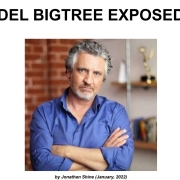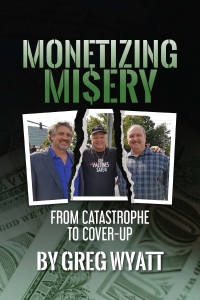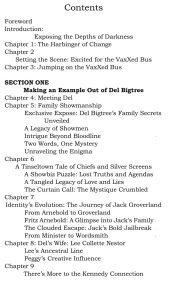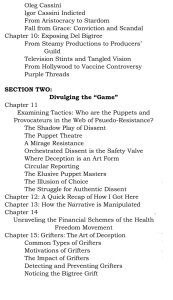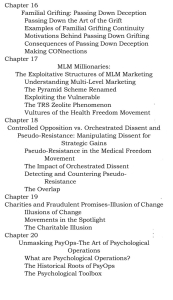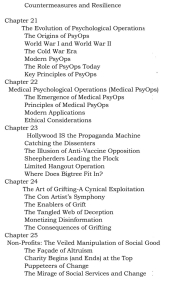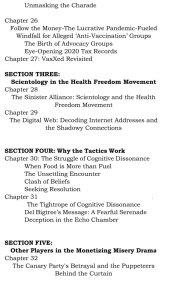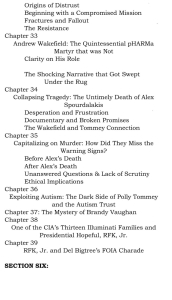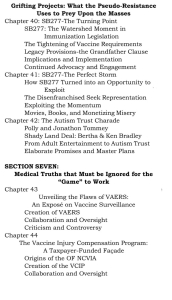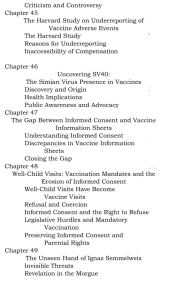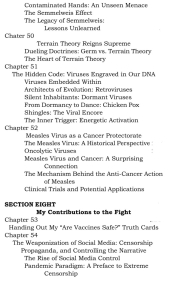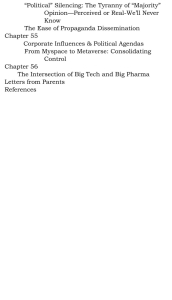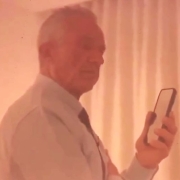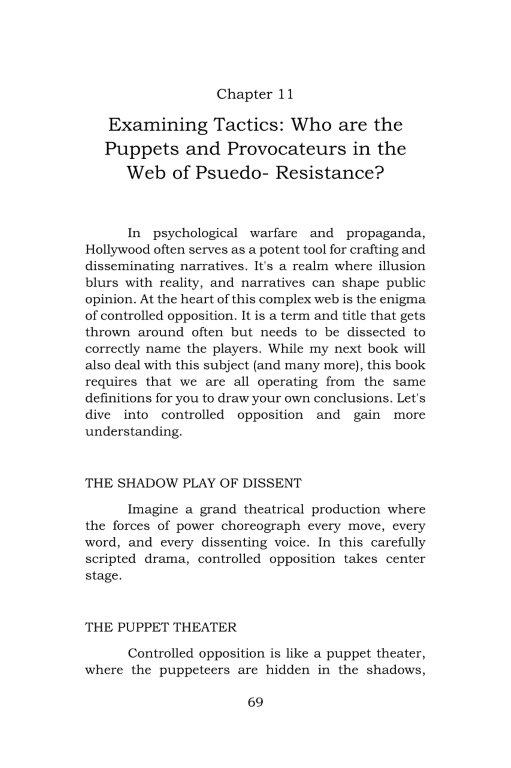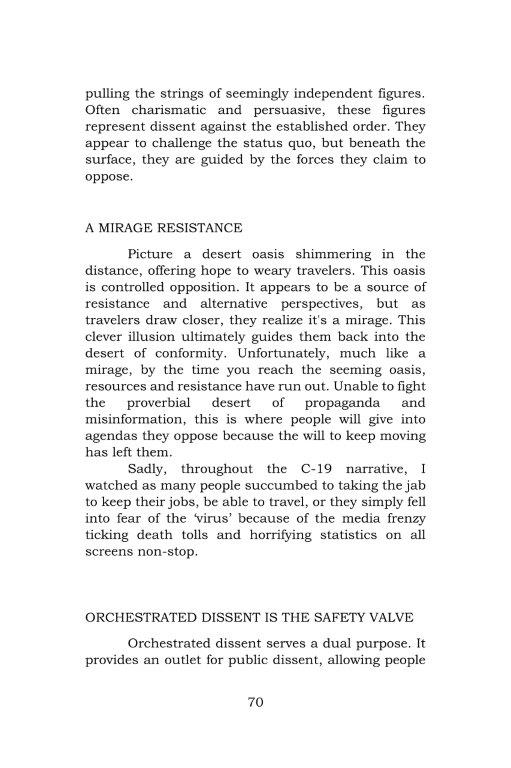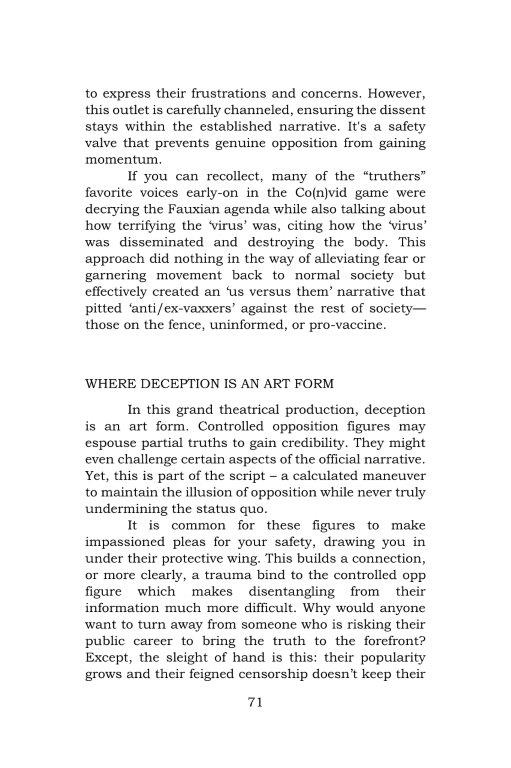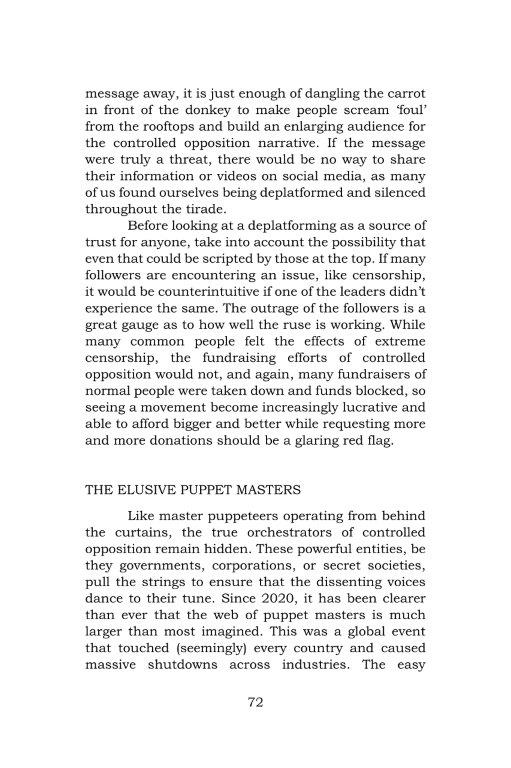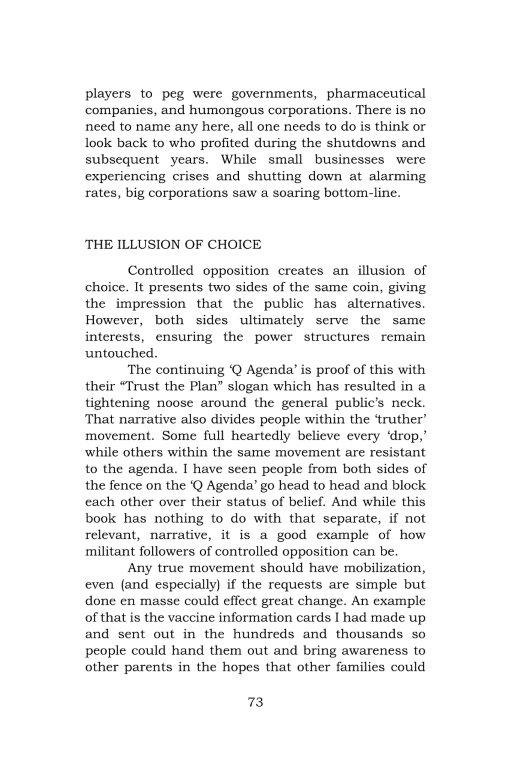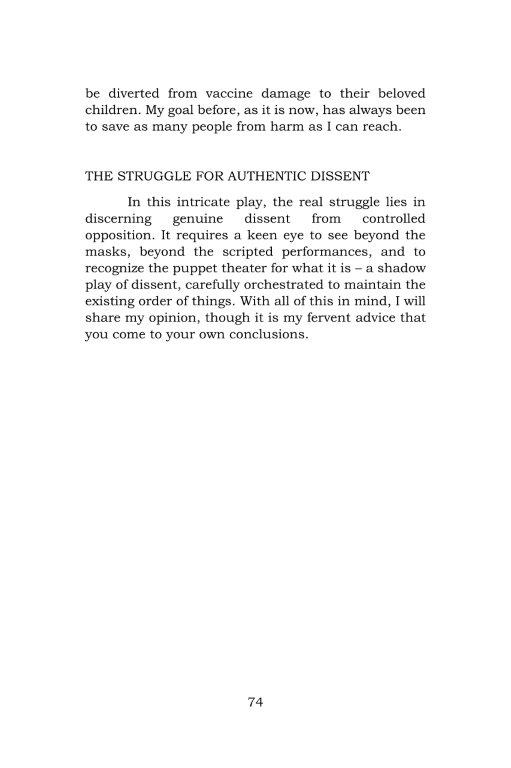Is Del Bigtree a Controlled Opposition Figure in the Anti-Vaccine Movement?
First published Jun 13, 2024
Updated January 16, 2025
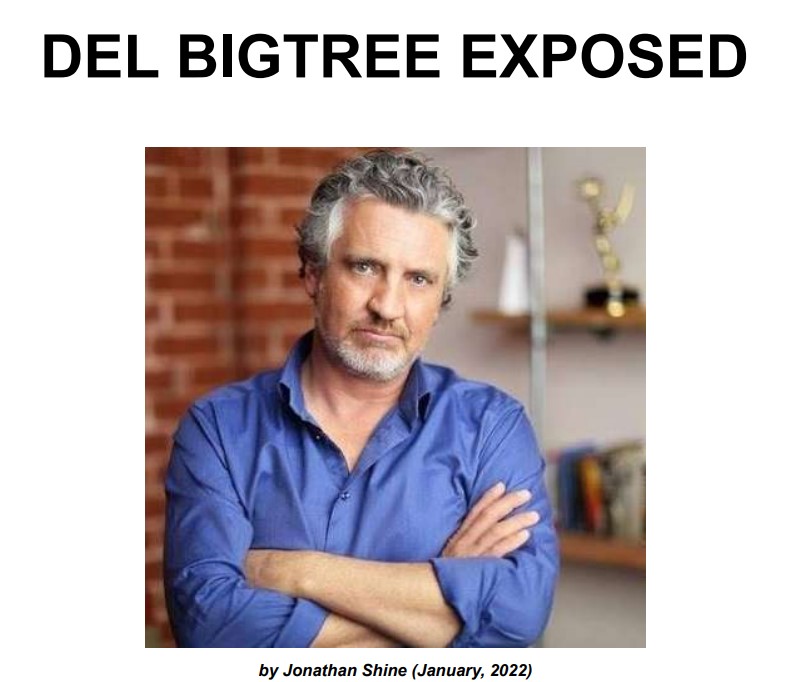
This 64-page document represents the culmination of my earliest investigative work, undertaken approximately 4–5 years ago. It is the product of collaborative efforts, as I worked alongside a dedicated group of individuals on this project’s discovery and investigative aspects. Together, we sought to uncover deeper truths surrounding the controversial figure of Del Bigtree and his role within the anti-vaccine movement.
The document critically examines Del Bigtree, revealing a concerning pattern of manipulation and narrative control. Our analysis highlights how Bigtree has strategically repurposed the anti-vaccine movement into a platform advocating for “safer vaccines,” effectively diluting the voices of genuine dissenters. Central to our skepticism is the observation that Bigtree and his associates exert significant influence over the conversation about vaccine safety, steering it in ways that marginalize or suppress more radical perspectives that could challenge the status quo.
Del Bigtree’s rise to prominence appears to be anything but organic. Evidence suggests his ascent was carefully orchestrated to position him as a controlled opposition figure. This strategy, known as a limited hangout operation, involves the selective disclosure of partial truths about vaccine risks to maintain credibility while diverting attention from deeper, potentially more disruptive realities. This approach maintains public trust while ensuring the broader narrative remains manageable and aligned with specific agendas.
The document also delves into Bigtree’s personal and professional background, offering insights into his transition from Hollywood producer to a leading figure in the vaccine safety debate. Analyzing his career trajectory reveals connections and affiliations that raise serious questions about his motivations. Of particular note is the significant financial support he has received from influential donors like Bernard and Lisa Selz. This funding has not only facilitated Bigtree’s rise but also suggests the possibility of a broader, coordinated effort to shape his activism and influence within the movement.
Additionally, we explore the symbolic and ideological underpinnings of Bigtree’s work, scrutinizing elements of his public persona and messaging that appear to align with Hollywood and Masonic symbolism. These findings contribute to our concerns about his authenticity and integrity as a leader. Our research suggests that his actions may be part of a larger agenda aimed at consolidating control over public discourse on vaccine safety, ensuring that the conversation remains within acceptable boundaries dictated by external influences.
This document sheds light on the complexities and contradictions surrounding Del Bigtree, encouraging readers to question the motives and authenticity of prominent figures within the vaccine safety movement. By exposing these dynamics, we hope to empower individuals to seek unfiltered truths and resist the manipulation of narratives designed to constrain genuine dissent.
Read it here.
Also learn more about Del Bigtree in my upcoming book, Monetizing Misery!
Also watch this short video with Del Bigtree talking about “terrain theory” 👇👇👇

